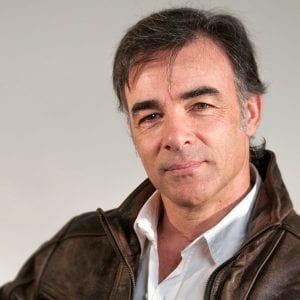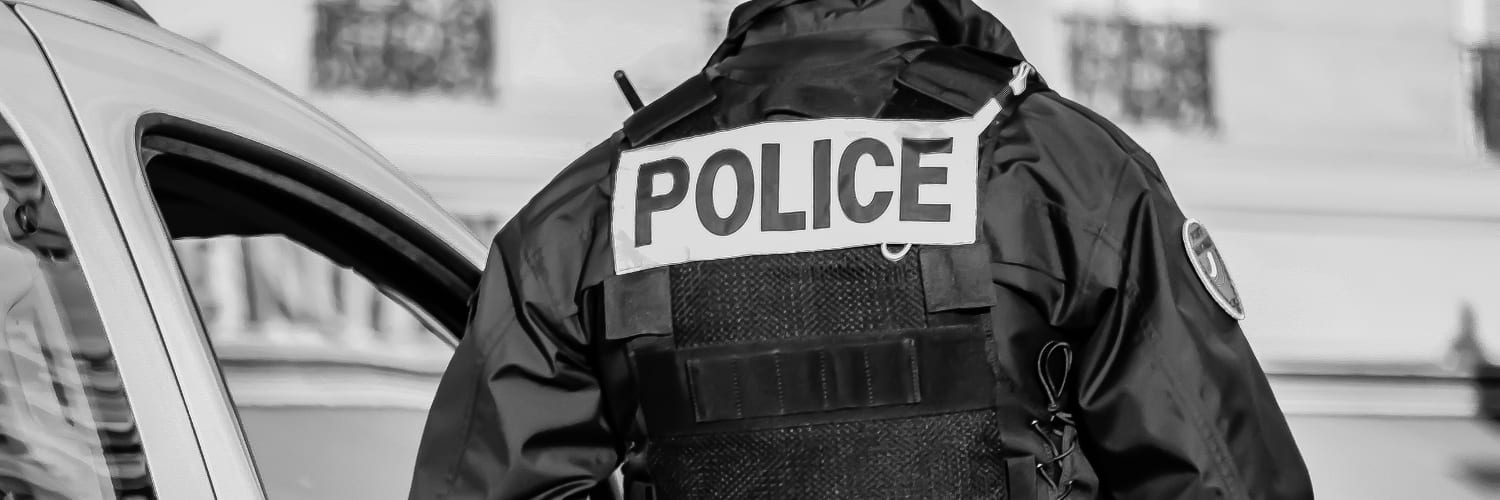Why the development of a ‘physical self’ may not be the best antidote to change…
When people talk about the topic of ‘work identity’ it is rare that the focus is on physical, or bodily, qualities. More often the conversation revolves around workers’ personalities and the intellectual competencies they bring to their role. But, in some jobs, it could be argued that bodily qualities have at least as significant a role to play in the construction of an employee’s identity.
Police work is one such occupation. When people picture a police officer they are likely to imagine someone who is physically fit, tough and perhaps a little intimidating. They also probably imagine them to be well-presented and clean.
These ‘bodily practices’ are in fact central elements of a police officer’s identity. Officers ascribe to them as much as the general public do – it’s how they construct their ‘work self’.
In our research, we saw that police officers developed themselves in line with the ideals of being strong, authoritative and well-presented – and critically, that the development of this ‘self’ was often borne out of a desire to seek security within a changing work environment.
In other words, the officers developed and maintained the bodily qualities that they saw as necessary for their work – despite the fact that the changing nature of modern police work meant that these ideals were possibly becoming less relevant and/or useful.
Throughout the study it was apparent that police officers engaged in field-work at the more physical end of the spectrum used bodily practices to strengthen their work identity – and to resist any alternative vision of their work. In fact, it was common for these offers to talk contemptuously of the clerical officers who spent most of their time on paperwork.
They spoke of ‘going to the gym’ and ‘showing who has power’ – projecting the bodily practices pertaining to fitness and intimidation. They discussed how ‘being clean’ was critical to their position as ‘an expert’ and discussed how what they see and do ‘can be frightening’ – emphasising the need for cleanliness and toughness respectively.
So what’s the upshot? The work environment of a police officer – like most jobs these days – is changing. The group of police officers we studied responded to this, in part, by engaging in bodily practices that they could control and that they assumed would lead to security and stability in an uncertain environment. However, what became clear is that their institution was not necessarily won over. Police work will continue to change and the collective efforts of these officers risked being undermined by a new generation of officers whose preoccupations better fit institutional requirements.
The search for security rooted in specific bodily practices may well turn out to be an illusory quest.

As Professor of sociology, I study new forms of resistance at work as well as the dynamics and processes of power and domination in organisations. To my mind, social science research requires genuine and enthusiastic commitment to understanding the lives of working people. How do new organisations influence those lives? What mechanisms can people use to cope with the constraints and contradictions imposed on them by new labour laws? Is it possible to observe the creation of forms based on productive collective solidarity in today’s organisations? What vision of work do they serve? Does industrial action still have a future in economically liberal organisations? These are just some of the questions I attempt to explore in my work.
More information on David Courpasson:
• His CV online
• His ResearchGate page
Further reading…
- Courpasson, D., Monties, V. (2017). “I Am My Body”. Physical Selves of Police Officers in a Changing Institution. Journal of Management Studies, 54 (1): 32-57. doi: 10.1111/joms.12221.
View article abstract


Recent Comments